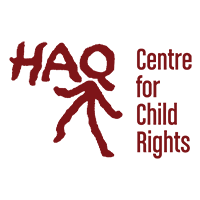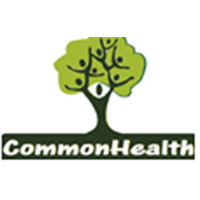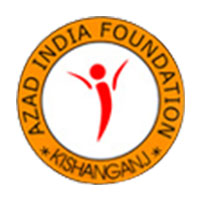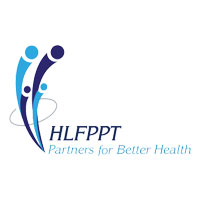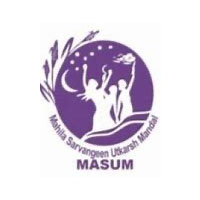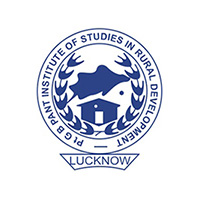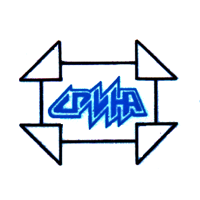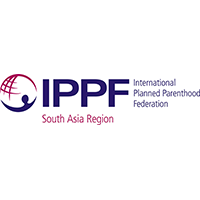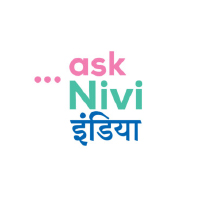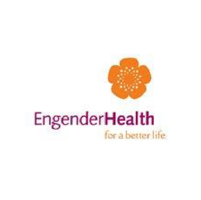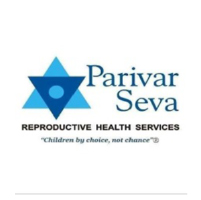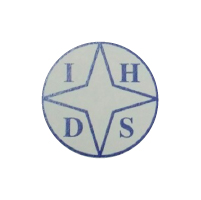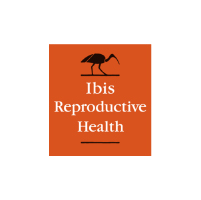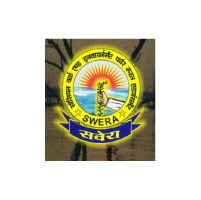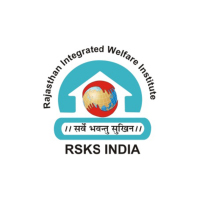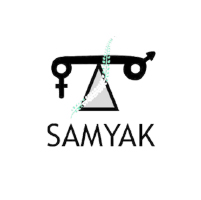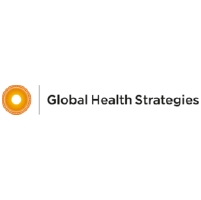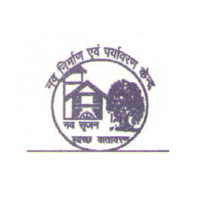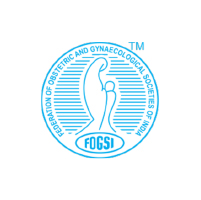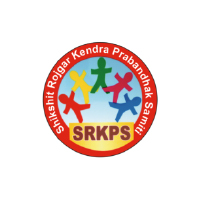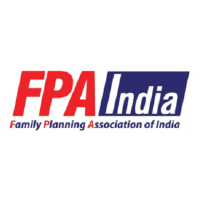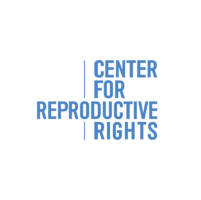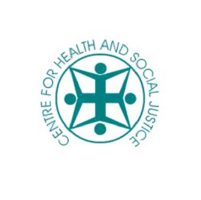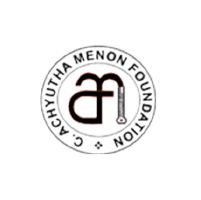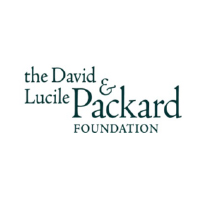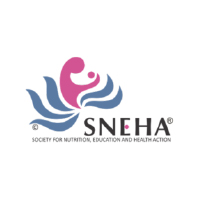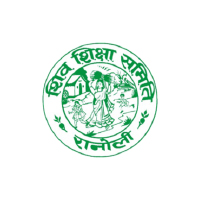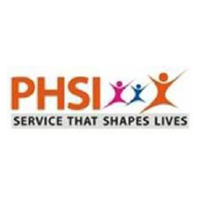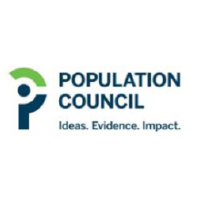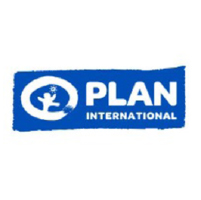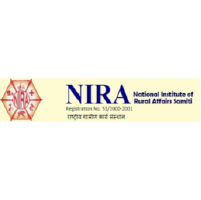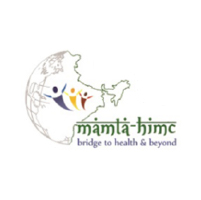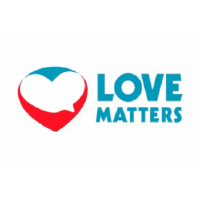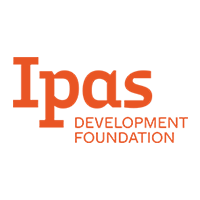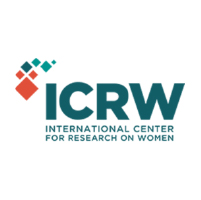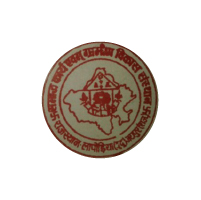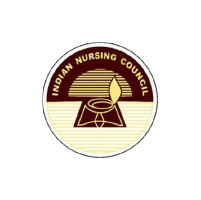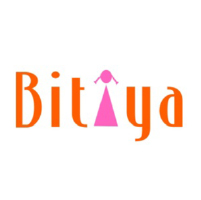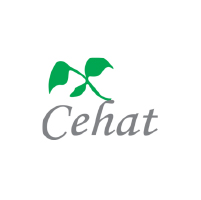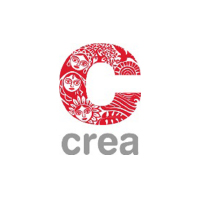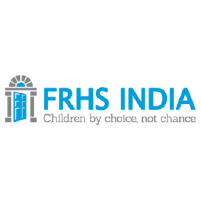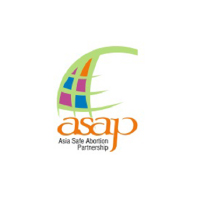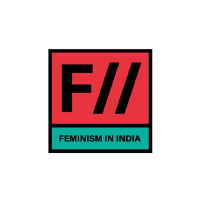An Overview
The Amendments are as below:
– Married clause dropped- unmarried women can now seek safe abortion services on grounds of contraceptive failure
– Special categories of women (survivors of sexual abuse, minors, victims of rape, incest, differently abled women) can avail services upto 24 weeks
– Women/couples can seek termination of pregnancy, anytime during the gestation period for foetal anomalies, as diagnosed by the medical boards
– Opinion of one provider required upto 20 weeks of gestation, two from 20-24 weeks
– Confidentiality clause added- abortion seekers’ names, identity to be kept confidential
Abortion has been legal in India for the last 50 years with the introduction of Medical Termination of Pregnancy (MTP) Act in 1971. The Act was amended in 2003 to enable women’s accessibility to safe and legal abortion services. However, even after four decades of implementation of the MTP Act, women in India continue to face several social, cultural, institutional and operational challenges in accessing safe abortion services.
Access to safe and comprehensive abortion care has been impacted by the conflation in implementation of the Medical Termination of Pregnancy Act (MTP Act) and Pre-Conception and Pre-Natal Diagnostics Techniques Act (PCPNDT Act), which has stigmatised all abortions as sex selective. The decline in the child sex ratio revealed in Census 2011 from 927 females to 919 females per 1,000 males, resulted in over-zealous enforcement of the PCPNDT Act which made doctors hesitant to provide services and impacted the availability of Medical Abortion drugs.
Over the last few years, new issues have emerged which are likely to pose a threat to safe abortion access which include an increased number of women seeking judicial intervention/ authorisation for abortion, even though there is no such specification under the MTP Act, inconsistency in jurisprudence and procedural delays, inappropriate visuals and language used by the media while reporting abortion cases and the requirement on providers to mandatorily report cases of minors seeking abortion services under the Protection of Children from Sexual Offenses Act (POCSO Act). These factors have aggravated the apprehension and fear of increased scrutiny and engagement with law enforcement agencies among abortion providers making abortion access difficult for women in need.
The campaign is managed by the secretariat with guidance from the Campaign Advisory Group (CAG). The Foundation for Reproductive Health Services India (FRHS India) is currently hosting the campaign secretariat and has been actively making advocacy efforts in governments and other stakeholders on safeguarding women’s right to safe abortion. The CAG meets every quarter to review progress and prioritise campaign issues.
The Amendments are as below:
– Married clause dropped- unmarried women can now seek safe abortion services on grounds of contraceptive failure
– Special categories of women (survivors of sexual abuse, minors, victims of rape, incest, differently abled women) can avail services upto 24 weeks
– Women/couples can seek termination of pregnancy, anytime during the gestation period for foetal anomalies, as diagnosed by the medical boards
– Opinion of one provider required upto 20 weeks of gestation, two from 20-24 weeks
– Confidentiality clause added- abortion seekers’ names, identity to be kept confidential
Abortion has been legal in India for the last 50 years with the introduction of Medical Termination of Pregnancy (MTP) Act in 1971. The Act was amended in 2003 to enable women’s accessibility to safe and legal abortion services. However, even after four decades of implementation of the MTP Act, women in India continue to face several social, cultural, institutional and operational challenges in accessing safe abortion services.
Access to safe and comprehensive abortion care has been impacted by the conflation in implementation of the Medical Termination of Pregnancy Act (MTP Act) and Pre-Conception and Pre-Natal Diagnostics Techniques Act (PCPNDT Act), which has stigmatised all abortions as sex selective. The decline in the child sex ratio revealed in Census 2011 from 927 females to 919 females per 1,000 males, resulted in over-zealous enforcement of the PCPNDT Act which made doctors hesitant to provide services and impacted the availability of Medical Abortion drugs.
Over the last few years, new issues have emerged which are likely to pose a threat to safe abortion access which include an increased number of women seeking judicial intervention/ authorisation for abortion, even though there is no such specification under the MTP Act, inconsistency in jurisprudence and procedural delays, inappropriate visuals and language used by the media while reporting abortion cases and the requirement on providers to mandatorily report cases of minors seeking abortion services under the Protection of Children from Sexual Offenses Act (POCSO Act). These factors have aggravated the apprehension and fear of increased scrutiny and engagement with law enforcement agencies among abortion providers making abortion access difficult for women in need.
The campaign is managed by the secretariat with guidance from the Campaign Advisory Group (CAG). The Foundation for Reproductive Health Services India (FRHS India) is currently hosting the campaign secretariat and has been actively making advocacy efforts in governments and other stakeholders on safeguarding women’s right to safe abortion. The CAG meets every quarter to review progress and prioritise campaign issues.
Our Objectives
The Pratigya Campaign is currently in its fifth phase, focusing on following thematic and programmatic areas
Census 2021 findings: Declining sex ratio
Mitigate risks to minimise any adverse impact on abortion access
The Campaign aims to evolve a strategy with the partners to address adverse impact of declining sex ratio on abortion access as it did when census 2011 figures were out. The Census 2021 preliminary findings may start coming out in late 2021 or early 2022 and sex ratio at birth is a key data point everyone will be watching out for.
Medical Abortion
Ensuring continued availability of Medical Abortion (MA) drugs in the market and support to women using MA outside facility
The Campaign aims to work with the Drug Controller General of India (DCGI) and Ministry of Health and Family Welfare (MoHFW), Government of India (GoI) to identify areas of variance between DCGI approval and MTP Act; mandatory documentation to be maintained by chemists and providers for MA and more. We advocate with the Drug Controller General of India on the basis of Pratigya’s ‘Assessment of the Availability of MA Drugs’ study conducted in Bihar, Maharashtra, Rajasthan and Uttar Pradesh, to ensure MA drugs are available to women in need. We advocate with MoHFW and Government of India for amendment to MTP Rules to allow all MBBS doctors to prescribe MA drugs and approval of MBBS doctors’ consultation room as a site for provision of MA, as an interim measure to ensure greater access to safe abortion care and medical support.
Provider Support
Ensuring that providers continue to provide abortion services
The campaign seeks to engage with providers to understand existing Medical Abortion (MA) service provision practices and evolve standardised and practical guidelines for MA use. We aim to work with the Federation of Obstetric and Gynecological Societies of India (FOGSI) and providers to understand providers’ concerns with respect to abortion service delivery, map existing literature which address these concerns and develop communication material outlining the frequently asked questions by providers.
Judicial Environment
Understanding the legal landscape/jurisprudence in abortion related cases and engaging with the legal fraternity
The Campaign aims to produce and disseminate material simplifying relevant laws (MTP, PCPNDT and POCSO Act) for specific target audiences: providers; law enforcement authorities and investigating agencies. To ensure women’s rights are not compromised, the campaign aims to track abortion cases going to court on a regular basis and meet with organisations/litigants in ongoing cases in the Supreme Court of India to understand the prayers being sought from the courts and the jurisprudence on such cases.
Media Outreach
Ensuring media sensitivity towards abortion coverage and highlighting issues in the interest of women’s rights
We aim to review existing media guidance available on abortion; adapt it where required; translate it into local language and disseminate it widely. The Campaign seeks to facilitate engagement with media on sexual and reproductive rights and ensure that abortion issues find a place in media discourse on a regular basis.
Alliance Building
Building alliances with organisations and individuals for amplifying voice on the issue
We reach out to organisations/networks working on women’s health and rights issues, and partner with young people to include abortion issues in their agenda.
You Can Make a Difference Too
We are always on the lookout for exploring synergies with individuals and partners who are willing to work for women’s rights
